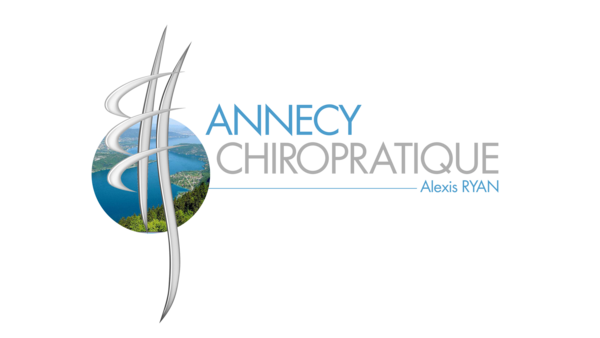My specialties
Neuro-functional Chiropractic assessment
Head trauma, sometimes called concussion, as well as whiplash injuries must be treated by specialists such as a chiropractor.
Cervical or back pain, dizziness or headaches are more "telling" signs that prompt prompt consultation.
However, following the acceleration/deceleration characteristic of whiplash, it's your brain that suffers the greatest trauma, even without direct impact on the head.
The result is a temporary inflammation of the brain, which needs to be managed to ensure the best possible recovery.
Long-term consequences are often overlooked, such as reduced vision, jaw problems or mood and concentration disorders.
Appropriate care begins with a specific neurological assessment, using questionnaires, functional tests and dedicated measuring devices.
Alexis Ryan has trained specifically in this area of expertise, to care for and support patients who have suffered this type of trauma.
A functional neurological examination by the chiropractor is essential before any mobilization of the head or neck.
During follow-up, chiropractic care is often combined with physiotherapy and orthoptics (for the eyes).
